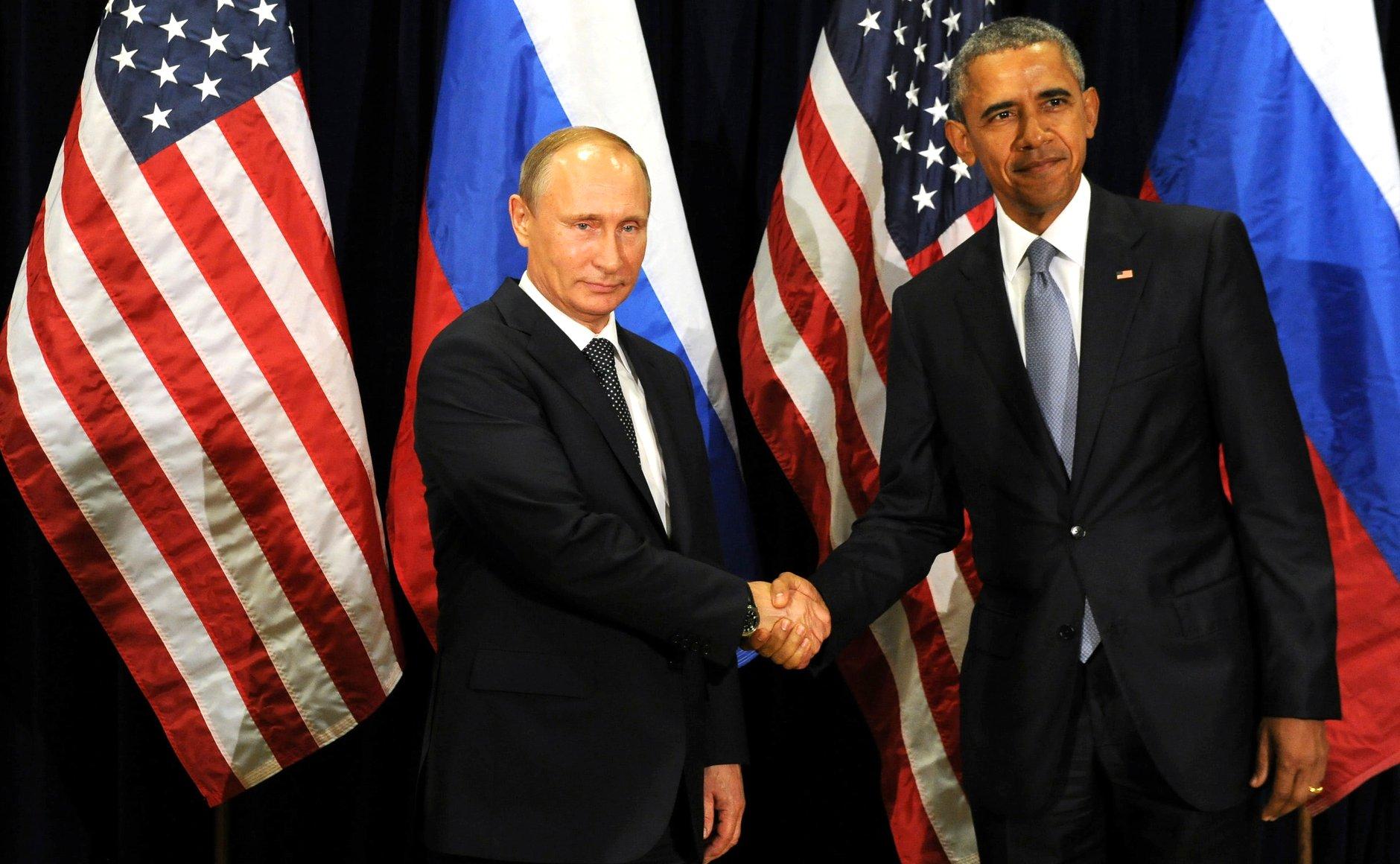In the unseasonably warm afternoon of Friday Jan. 20, 2016, some members of the Michigan Tech family gathered in the Alumni Lounge of the Memorial Union Building to reminisce over U.S.-Russia relations in the wake of the coming into office of a new U.S. president, Donald Trump. The gathering consisted of 37 students, faculty, alumni and friends of Michigan Tech. Dr. Roman Sidortsov was the speaker on the topic “From Russia with what? Thoughts on the future of U.S.-Russia Relationships.”
According to Sidortsov, Russia’s economy is mainly based on oil and gas with the main industrial player being Gazprom, owned by the state. Russia’s energy products are consumed by many European and East Asian countries. These states depend on Russian fuel so much that Russia has market monopoly over these geopolitical spaces. After the end of the Cold War, the bilateral relations that existed between U.S. and Russia concerned trade, especially in oil. From 2010, however, that relationship started to deteriorate.
In 2010, Ukraine elected Viktor Yanukovych as president. Yanukovych was considered a person loyal to Moscow. With his election came “Ukraine’s fourth distribution of assets” said Sidortsov. Yanukovych goes too far in the 2010 distribution, where most of his political allies came to possess most of the nation’s wealth. This, among other factors, inspired public protests. The U.S. steps in at this point, asking for the respect of the protectors’ rights. A week after the Sochi Olympics, Russia invaded Crimea. The U.S. and the European Union imposed sanctions on Russia. In March 2014, Russia annexed Crimea. The sanctions increased.
According to Sidortsov, these sanctions emboldened Russia. In reaction to the sanctions Russia banned products from the countries that imposed sanctions. The U.S. was one of the countries that buy large volumes of oil from Russia. The diminishing market for Russian oil resulted in economic hardships. The economic stagnation developed into a recession and worsened into an economic crisis. Sidotsorv observed that the Kremlin “brilliantly plays the game of political chess and the U.S. walked into it” as the U.S. becomes the enemy, in the eyes of the ordinary Russian citizen. Even news items are mistranslated to show the U.S. as a degenerated society. The Putin administration, through propaganda, blamed the economic hardships on the ban. Putin’s personal rating, among Russians, soared though the citizens gave low ratings to the government that he heads.
What the U.S. got wrong at this point of the relationship, Sidotsorv said, was the analysis of all the possible outcomes of the sanctions that the U.S. placed on Russia. He said, although the sanctions “did cripple the Russian economy” it also created a hero out of Putin. Sidortsorv also pointed out that what Russia needs from her relationship with the U.S. at the moment is “further transactional interests” in order to expand her oil and gas resource base, having struck a historic deal with China and some East Asian countries.
In her future policy about Russia, Sidortsorv advised, the U.S. “must have a smart policy towards Russia given its strength in the geopolitical grips on South East Asia”. He also cautions that the current rhetoric of “Russia being bad guys” will not help much in the future because it has failed in the recent past.
The discussion was held under the auspices of the Department of Social Sciences as part of a new series on interrogating the histories behind trending news headlines in the U.S. media. The speaker for the first lecture in the series, Sidortsov, is an Assistant Professor of Energy Policy at the department. He earned a PhD in 2016 from the University of Cambridge, Churchill College, Scott Polar Research Institute, an LL.M in Environmental law and Juris Doctor from the Vermont Law School in 2012 and 2008 respectively, a Bachelor and Master’s degree in Law from the Irkutsk State University School of Law in Russia in 1999.


